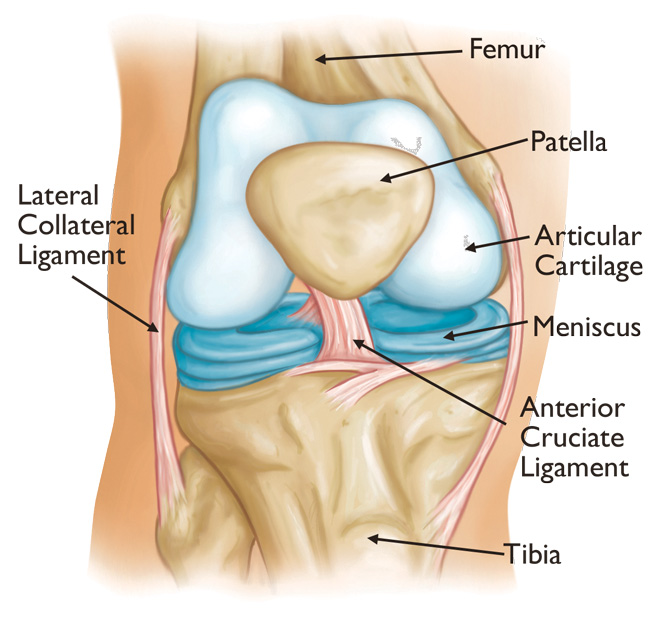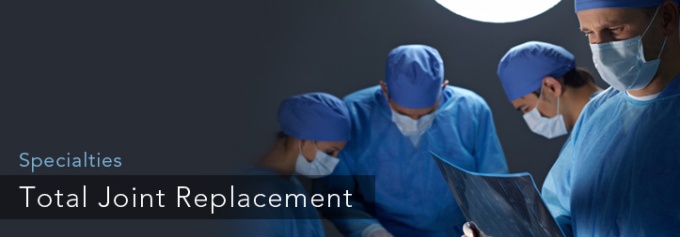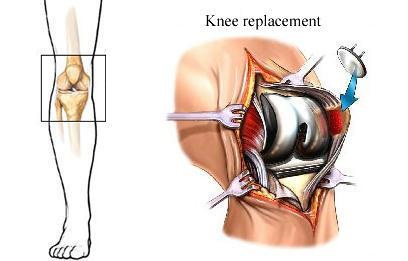How your knee joints action when you walk, run, jump, or jog? Do the joints comfortably straightens and bends or does it cause pain or stiffness while performing these routine activities? If a person has difficulty in moving the joints, then the person should visit a good orthopedic in Delhi who can treat and diagnose to eliminate the pain and knee stiffness while performing the routine activities. If the problem cannot be diagnosed by just the medications and so many physiotherapy sessions, then the doctors may recommend for a knee replacement in Delhi because to live with pain for whole life can be frustrating for the patient. And also, will book the lifetime expenses of taking medications and physiotherapy sessions. Thus, knee replacement surgery will be the permanent solution all for once to get relieved from the pain and medication expenses.
Causes of knee pain:
Arthritis is the most common cause because of which most of the knee replacement in Delhi is performed. There are several types of arthritis but among those the most common are - osteoarthritis, rheumatoid arthritis, and post-traumatic arthritis
Osteoarthritis – osteoarthritis is commonly diagnosed for the patient above the age of 50 years or more. But, in some cases, this is treated in the people at the young age. It occurs when the cartilage, that covers the bones of the knee, gets soften and damaged due to which the bones are then rubbed against each other causing knee pain and stiffness.
Rheumatoid arthritis – this type of arthritis problems occur when the synovial membrane, surrounding the bones, gets thickened and inflamed. The severe inflammation damages the cartilage causing pain, stiffness, and cartilage loss. Because of its most common form of group disorder, it is also known as inflammatory arthritis.
Post-traumatic arthritis – this is majorly caused by the serious knee injury. The fractures caused due to the injury, tears down the bones surrounding the knee or knee ligaments, damage the articular cartilage over the passing period and soon cause a knee pain that limits the knee function. Therefore, doctors recommend a knee replacement in Delhi after a serious knee injury.



